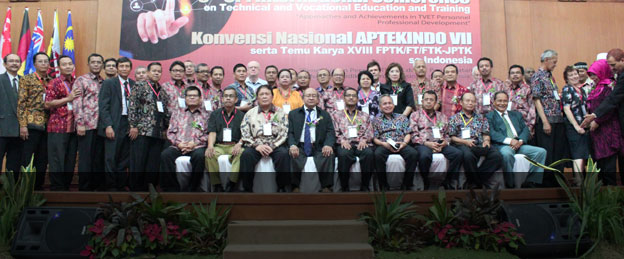Full issue 4
East and Southeast Asia are experiencing a rapid pace of economic development that call for continuous review of education and training systems. TVET reform processes at the national and regional levels are addressing the question of quality and standards. During the past decades a vast variety of different approaches in TVET were developed or introduced. These approaches were often inspired through transfer or adoption from other regions of the world. In consequence, a vast variety of TVET-systems were implemented in different countries in the region and may require continues review and adaptation. Some states have no coherent national TVET-system with a common underlying concept of quality. A vast variety of TVET approaches consequently employ different concepts of quality and quality management in TVET.



